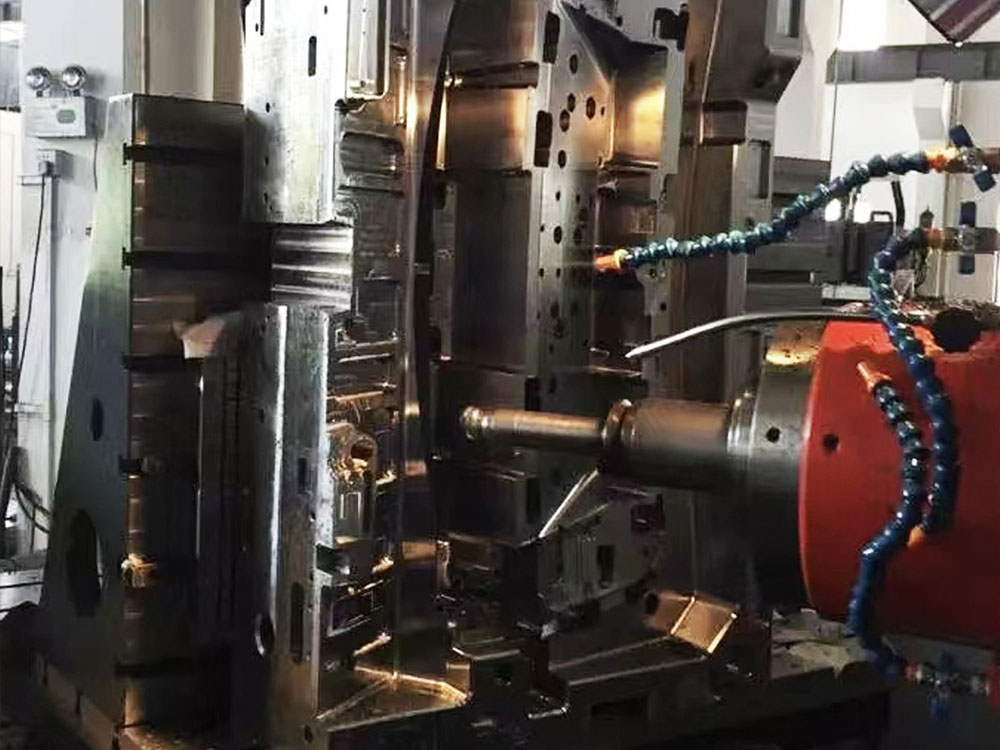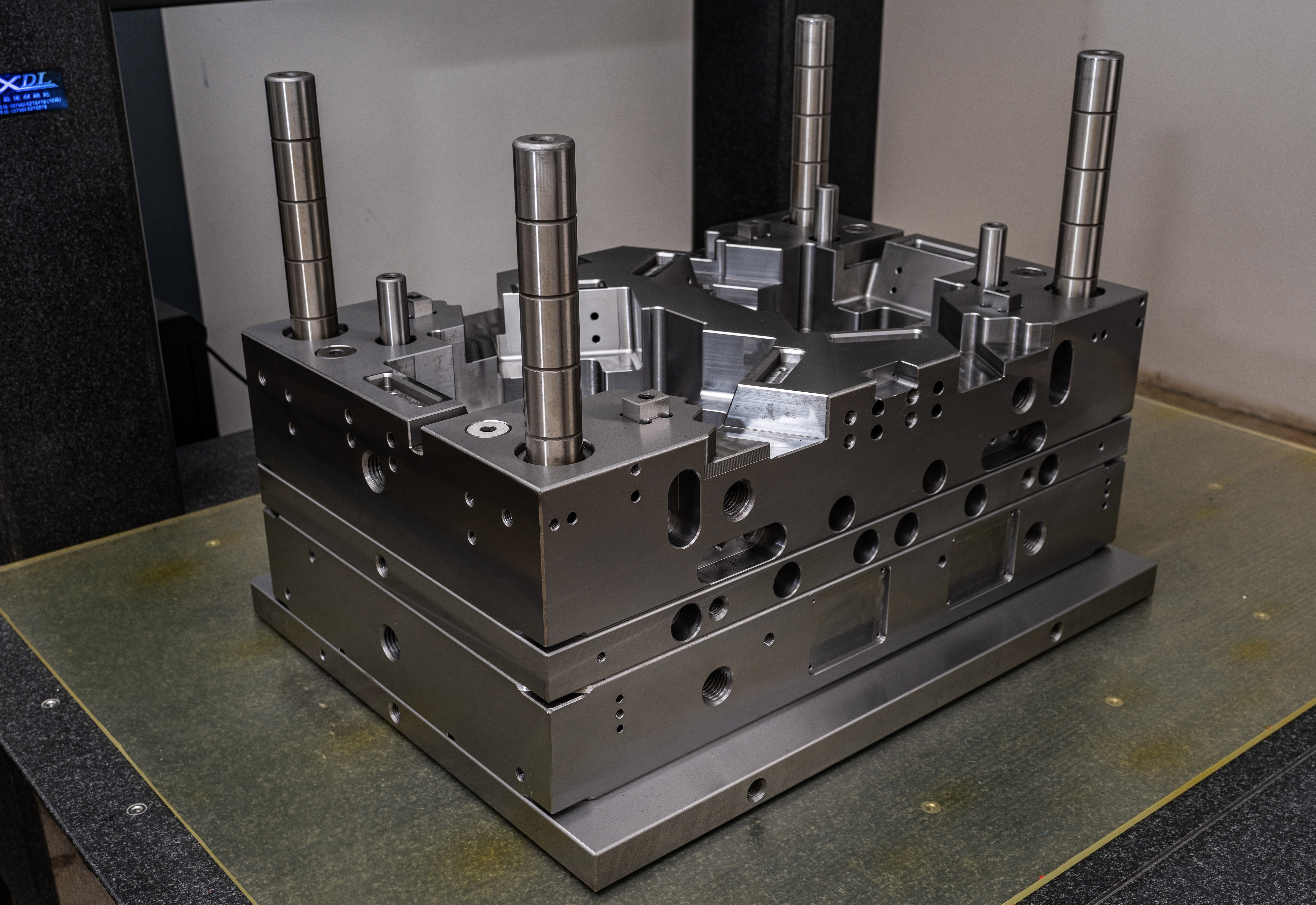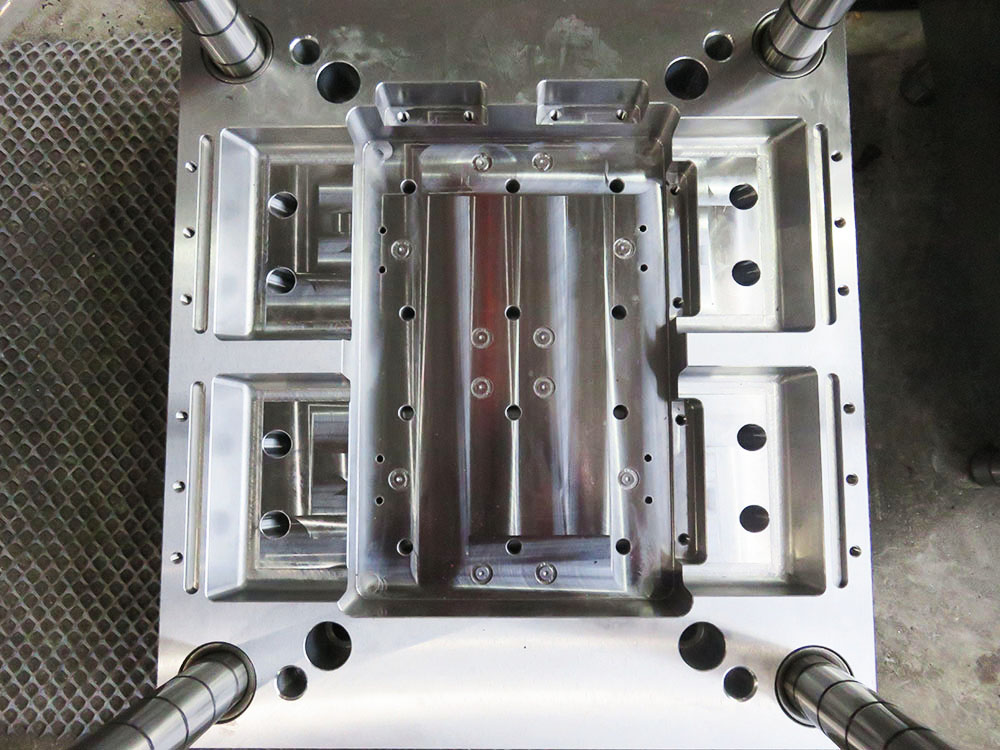Definition and Specifications of a Modular Framework in the Mold Base Industry
A modular framework is a structural system that enables the assembly of various components or modules into a functional unit. In the context of the mold base industry, a modular framework refers to a standardized and customizable base system for creating molds. This framework consists of a set of interconnected components that can be easily configured and combined to meet specific manufacturing requirements.
Advantages of a Modular Framework
1. Versatility: The modular framework allows for the creation of molds that can accommodate different shapes, sizes, and designs. This enables manufacturers to quickly adapt to changes in customer demands or new product designs without the need for significant reengineering or tooling modifications.
2. Cost-effectiveness: By utilizing modular components, manufacturers can optimize their resources and reduce production costs. The standardized nature of the framework allows for efficient manufacturing, inventory management, and spare part utilization. Moreover, the ability to interchange modules within the framework minimizes the need for additional investments in specialized equipment or tools.
3. Time efficiency: The modular framework facilitates rapid mold assembly and disassembly. With standardized interfaces and connection points, components can be easily interchanged, promoting easy maintenance, repairs, and upgrades. This results in shorter downtime periods and improved overall machine utilization.
Specifications of a Modular Framework
1. Standardization: Key to the success of a modular framework is the establishment of standardized interfaces and connection points. By adhering to industry-standard specifications, the framework ensures compatibility and interchangeability between different components. This reduces the time spent on fitting and aligning components, making the mold assembly process more efficient.
2. Configurability: The modular framework should provide a high degree of configurability, allowing manufacturers to easily adapt to different mold requirements. This can be achieved by offering a wide range of module options, such as varied sizes, shapes, and materials. Configurability enables manufacturers to create molds that meet specific design criteria and production needs.
3. Compatibility: In addition to standardization, compatibility is another crucial aspect of a modular framework. The components within the framework should seamlessly integrate with one another and with other systems, such as injection molding machines and hot runner systems. This ensures smooth operation, precise control, and optimal performance of the mold assembly.
4. Quality and Durability: The modular framework should be manufactured using high-quality materials and production processes that meet stringent industry standards. The components should be designed to withstand the harsh conditions of mold manufacturing, including high temperatures, pressure, and repeated use. This ensures the longevity, reliability, and stability of the mold base.
5. Customizability: While adhering to standardized specifications and interfaces, the modular framework should also allow for customization. Manufacturers should have the flexibility to modify or adjust certain components to meet specific requirements or to address unique production challenges. This enables the framework to cater to a wide range of mold manufacturing needs.
In conclusion, a modular framework in the mold base industry is a versatile, cost-effective, and time-efficient solution for creating molds. Through standardization, configurability, compatibility, quality, durability, and customizability, this framework enables manufacturers to rapidly adapt to market demands, optimize resources, and improve overall production efficiency.




